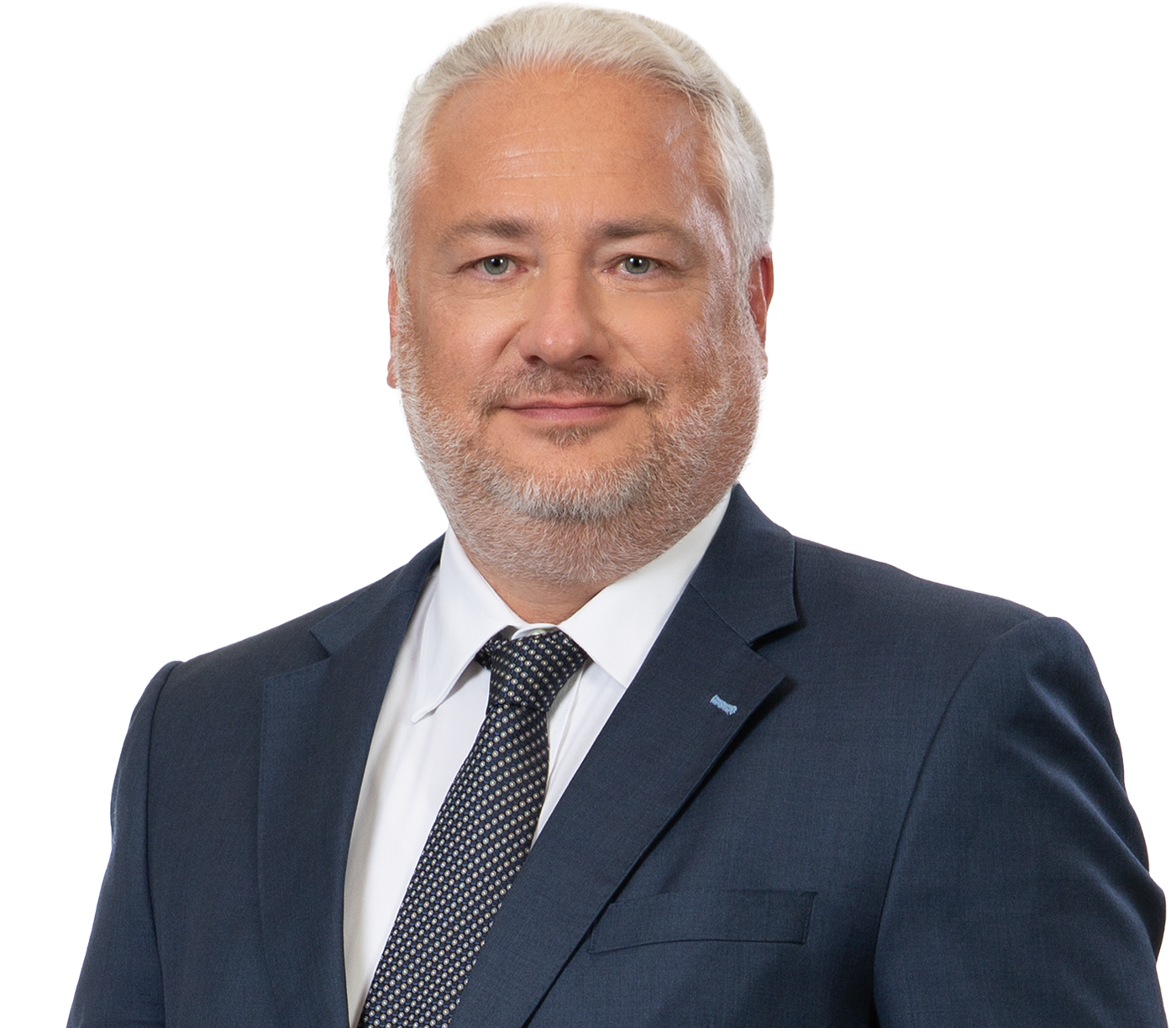Maxim Alekseyev
Senior PartnerChambers Europe
Maxim Alekseyev is an extremely good lawyer, who we have no hesitation in recommending. He is tenacious and strong at fighting the client’s corner.

Chambers Europe
Maxim Alekseyev is an extremely good lawyer, who we have no hesitation in recommending. He is tenacious and strong at fighting the client’s corner.
Maxim Alekseyev is a co-founder and Senior Partner of ALRUD, head of ALRUD Private Clients and Tax practices.
Maxim specialises in advising corporate and private clients on international trading matters, regulatory and economic developments, domestic and international tax planning, strategic M&A, onshore and offshore business structures, risk management, good governance, contentious investigations and dispute resolution. He leads projects in Russia and overseas involving both domestic and international clients.
In his corporate practice, Maxim has extensive experience in advising on major cross-border and domestic transactions across a wide range of sectors including the oil and gas, manufacturing, food, retail, wholesale, media and communications industries.
In his private client practice, Maxim specialises in helping high net-worth individuals and family offices to manage their business interests, asset collections and family relations. He is acknowledged for his expertise in estate planning and administration, personal taxation, onshore and offshore structures, private banking and wealth management, family business governance, succession planning and risk mitigation.
I like the knowledge that he has of the law and the internal knowledge he has about Russia and Russian clients. He understands the law and how it will impact clients. He’s very good at interpreting the law, not only the law now, but what it might become later. Chambers HNW
Maxim has a particular focus on advising clients in Asia as head of ALRUD’s practice in that region.
Maxim is a member of the International Bar Association (IBA), the American Bar Association (ABA), the Inter-Pacific Bar Association (IPBA) and the Society of Trust and Estate Practitioners (STEP). He is an author of numerous publications including the Russian chapters for Thomson Reuters’ Private Client Tax and Art Collecting legal handbooks, and STEP’s Family Office and Private Client guides.
Maxim is a graduate of Moscow’s State University of International Relations. In common with ALRUD’s multi-lingual approach, he provides legal advice in English and Russian.